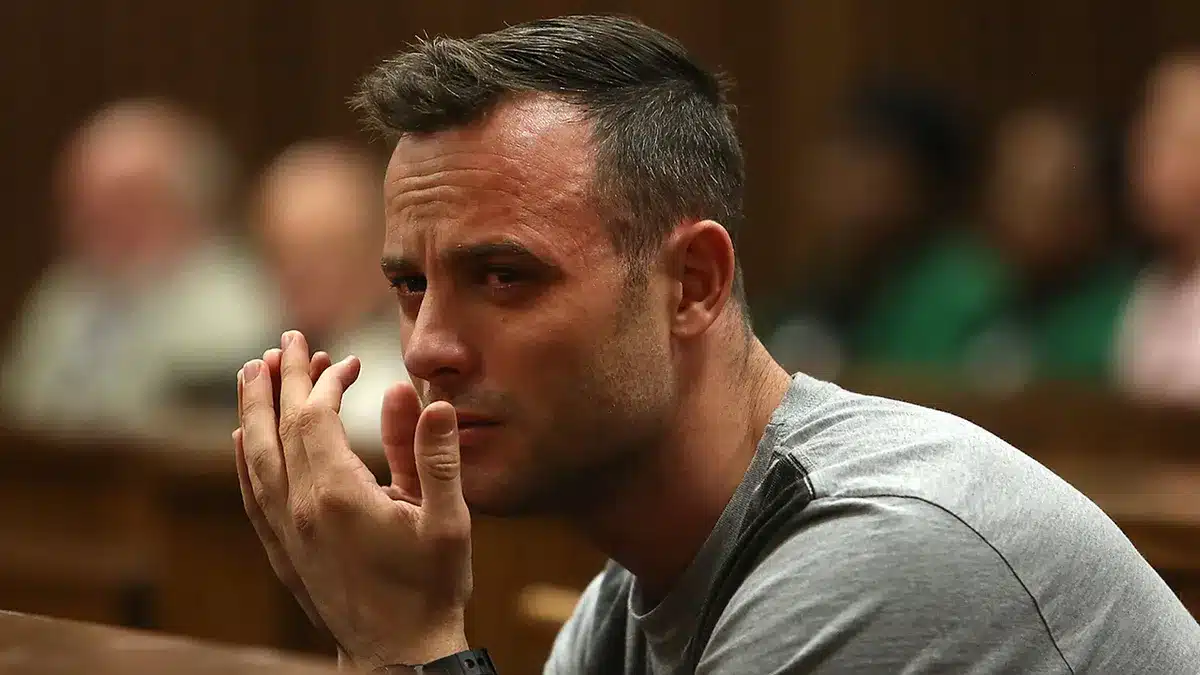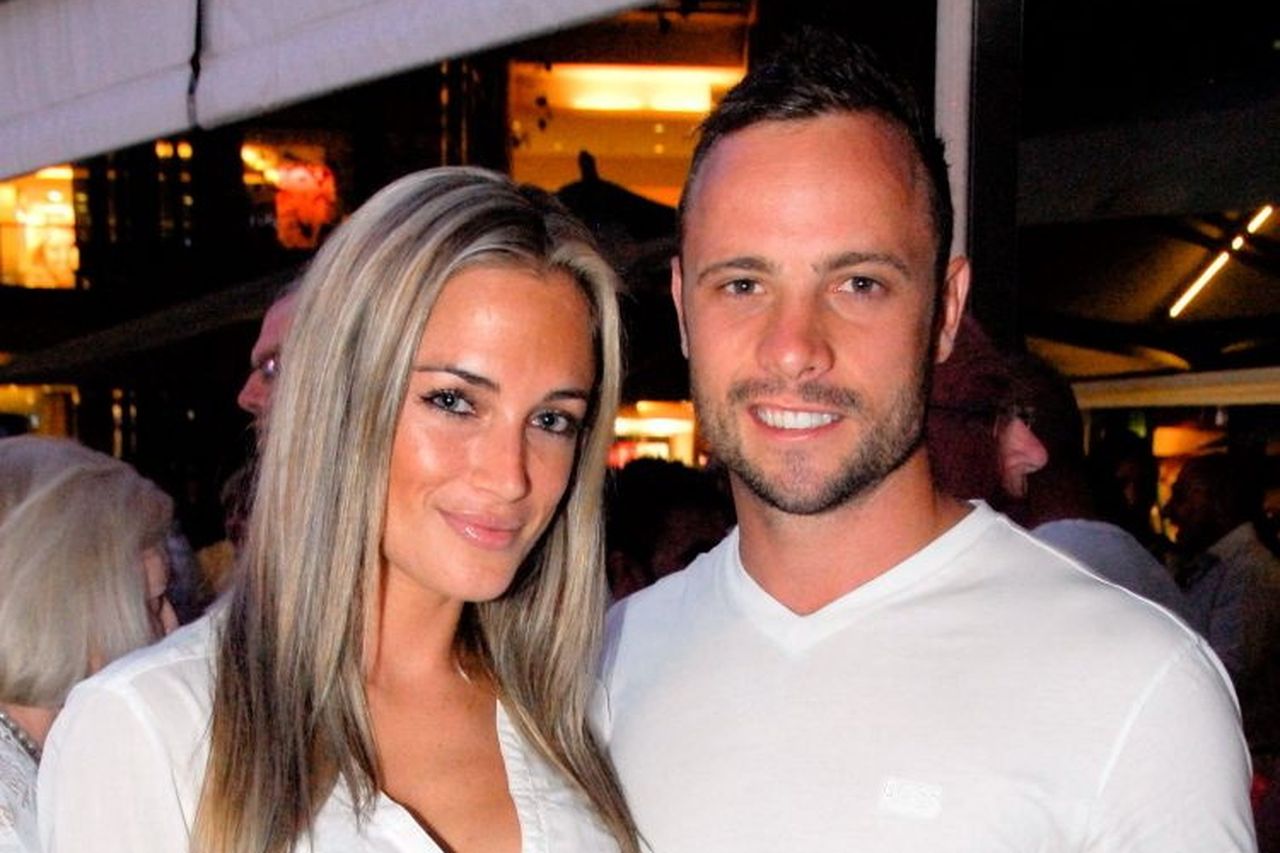Africa News
Oscar Pistorius Faces Alcohol Ban, Media Interview Restrictions When Released This Week

South Africa’s former Paralympic runner Oscar Pistorius is set to be released on parole this Friday, nearly 11 years after the shooting death of his girlfriend, model Reeva Steenkamp. His release comes with a set of stringent conditions, as outlined by the prison authorities.
Pistorius, 37, was convicted of murdering Miss Steenkamp on Valentine’s Day, 2013, firing four shots through the bathroom door of his Pretoria home. The parole board, considering his fitness for social reintegration, decided in November to allow his early release on January 5.
Under the terms of his parole, Pistorius faces several restrictions. He is prohibited from consuming alcohol and other substances and is barred from conducting media interviews. Furthermore, he will have specific hours during which he is required to be at home.
The Department of Correctional Services has emphasized that these conditions are in line with standard parole requirements. The department stated, “Just like other parolees, Pistorius is restricted from conducting media interviews,” and further detailed the home curfew and substance restrictions.
As per South African law, offenders are eligible for parole consideration after serving half of their sentence. Pistorius, initially found guilty in a trial marked by appeals and international attention, was sentenced to 13 years and five months in prison in 2017.

Olympian Oscar Pistorius will be released from prison on parole Oscar Pistorius was sentenced on July 6, 2016 to six years in jail for murdering his girlfriend Reeva Steenkamp
Additionally, as part of his parole, Pistorius is mandated to undergo therapy for anger and gender-based violence issues until the end of his sentence in 2029. This therapy aligns with the South African justice system’s focus on rehabilitation and restorative justice, which aims to foster reconciliation and closure rather than solely punitive measures.
The parole board’s decision factors in Pistorius’ conduct in prison, the nature of his crime, and potential reoffending risks. He participated in the restorative justice programme, which included a victim-offender dialogue, a crucial component for fostering understanding and reconciliation.
Pistorius, known globally as the ‘Blade Runner’ for his carbon-fibre prosthetics, maintained his innocence throughout the trial, claiming he mistook Steenkamp for an intruder. However, his plea was not upheld in court.
The Steenkamp family, particularly Reeva’s mother, has expressed skepticism about Pistorius’ rehabilitation and truthfulness regarding the events of that night. Despite this, they did not object to his release.
As Pistorius prepares to re-enter society under close monitoring, his case continues to evoke strong emotions and discussions about justice, rehabilitation, and the consequences of domestic violence.








